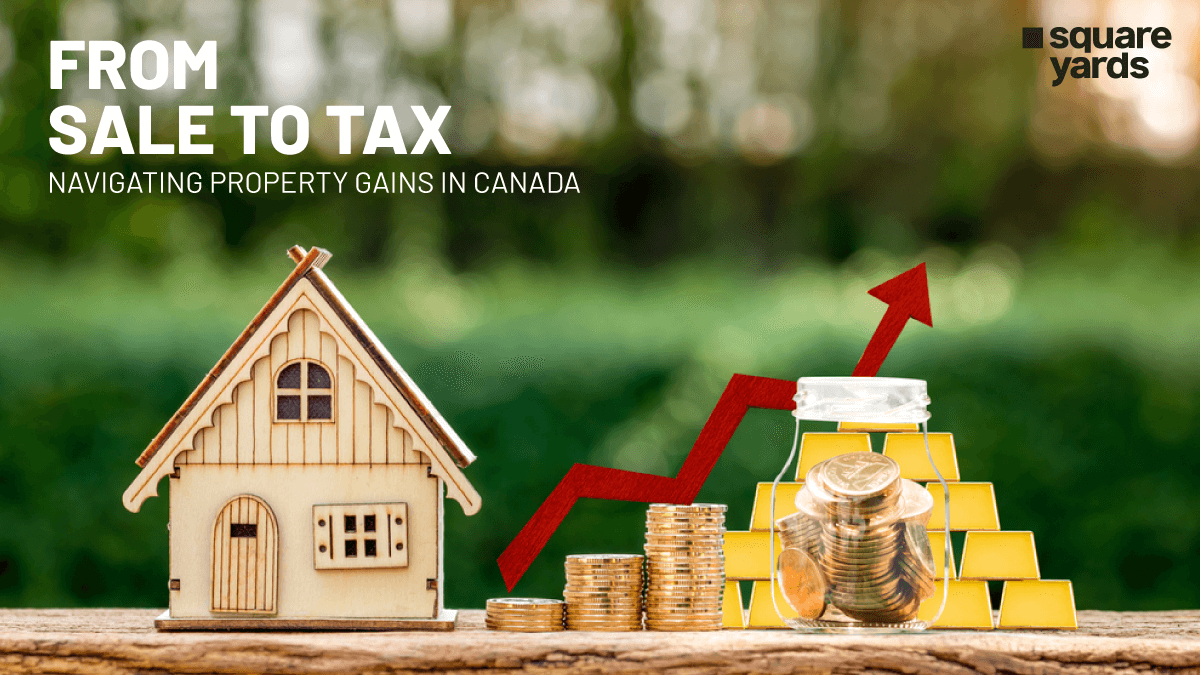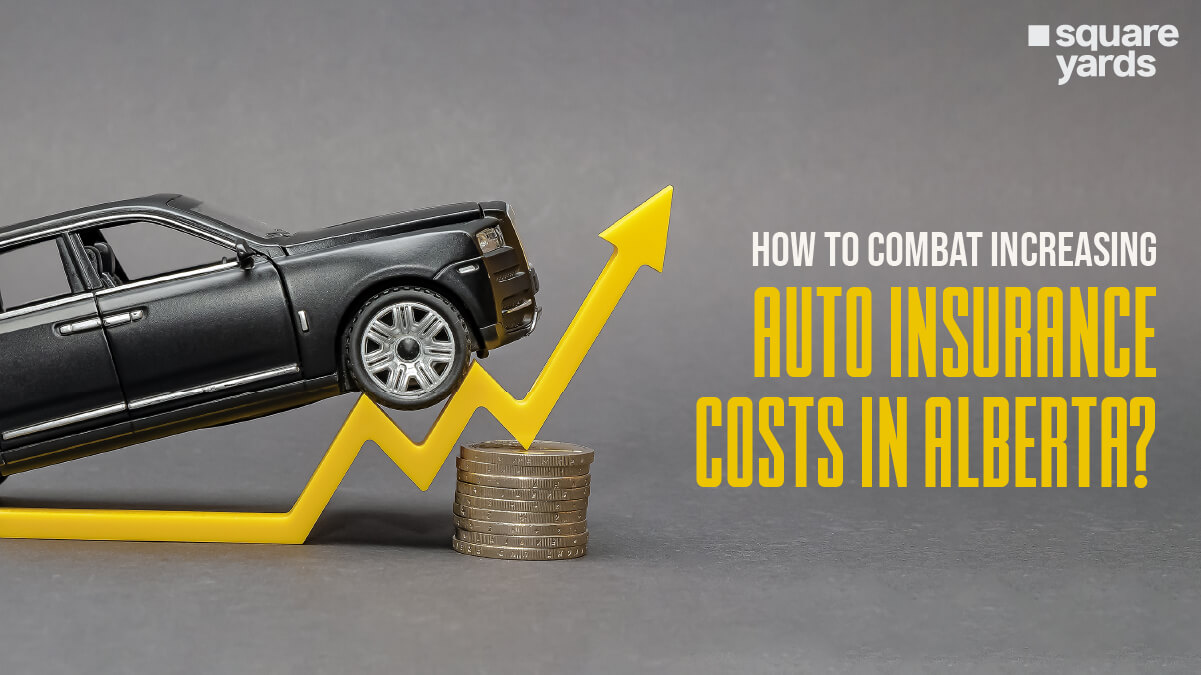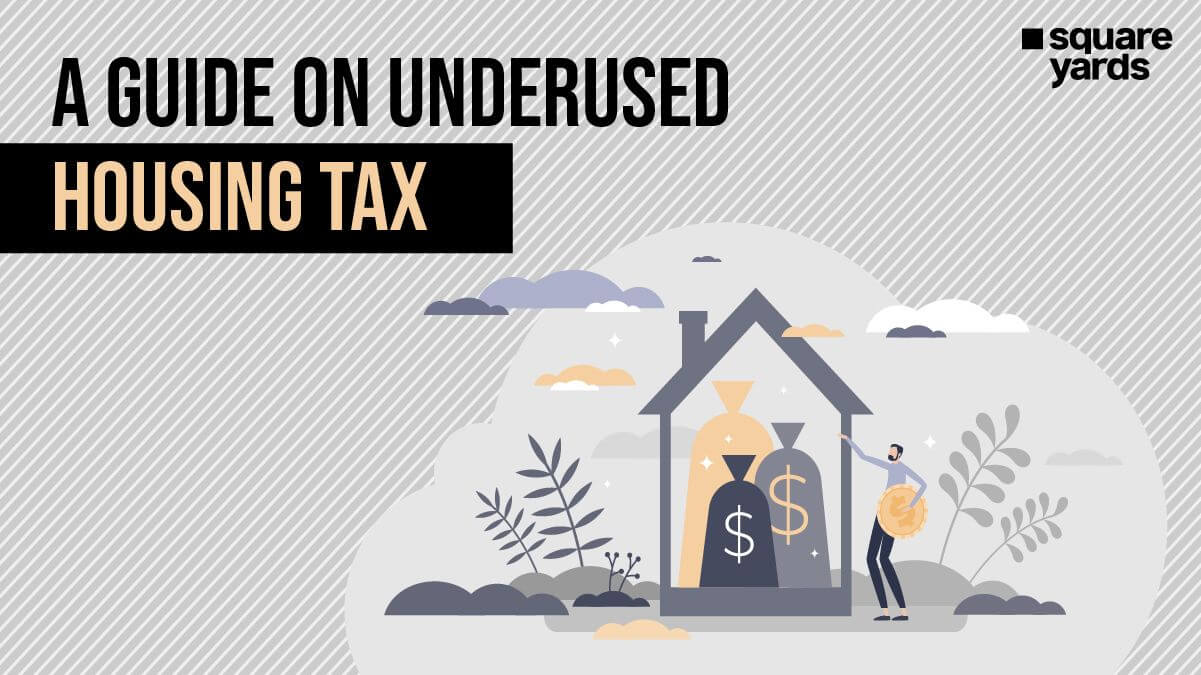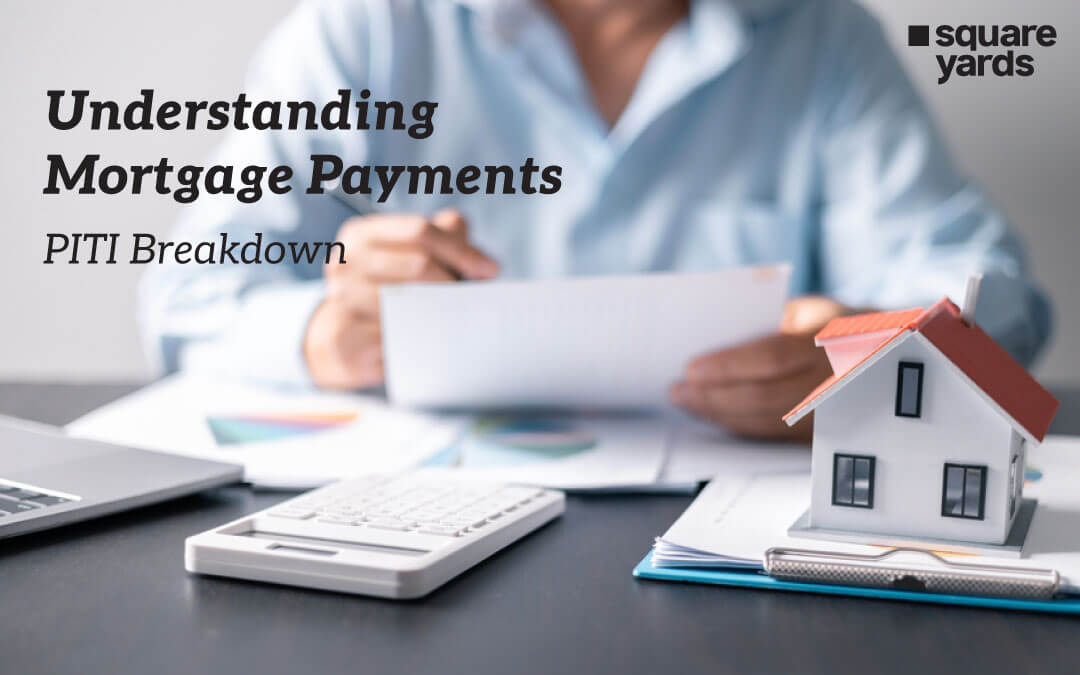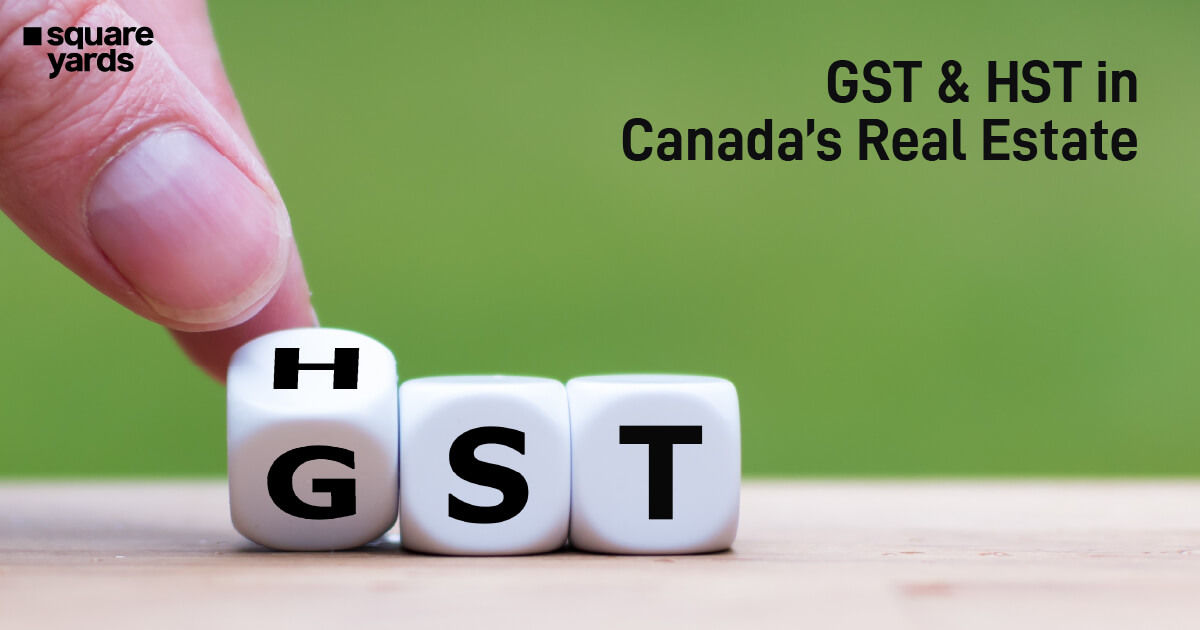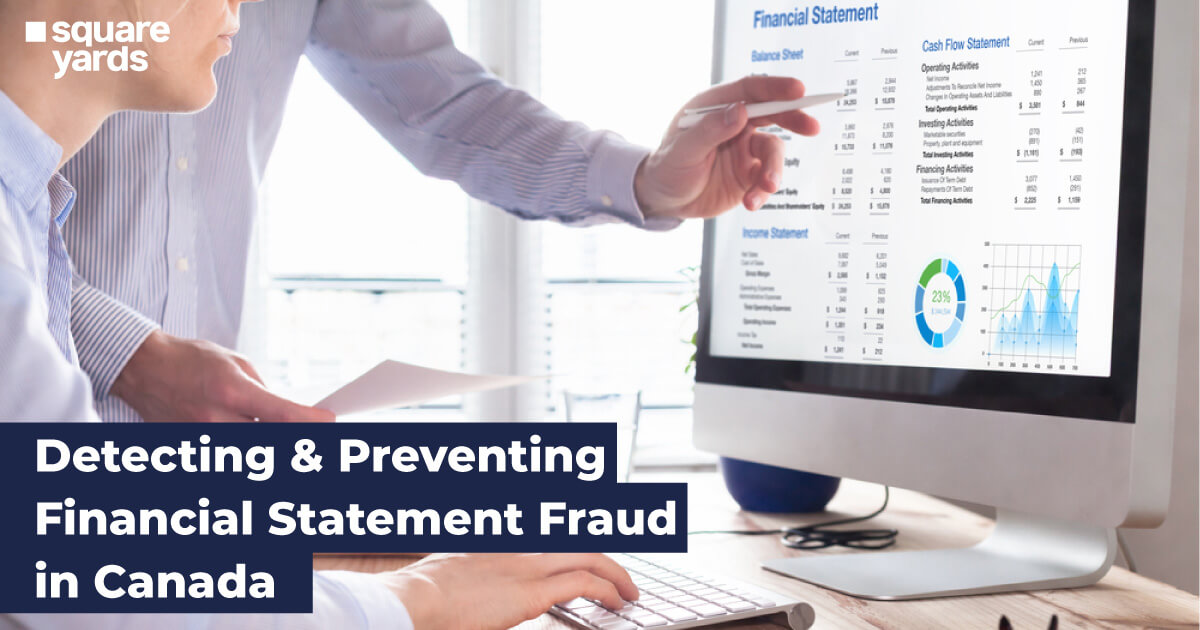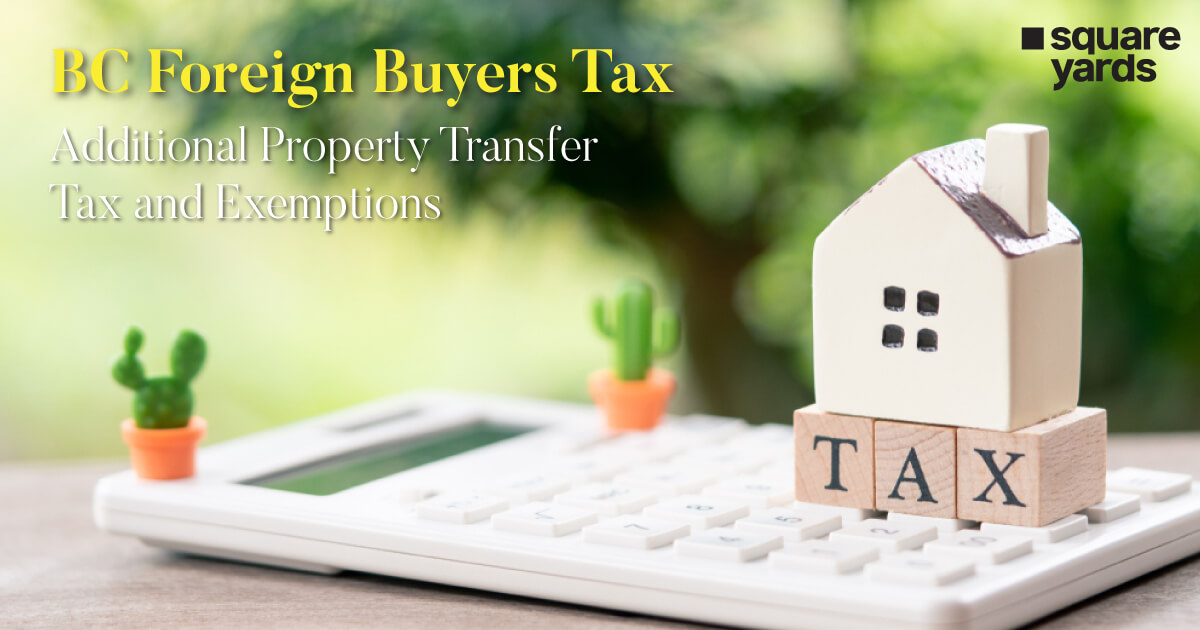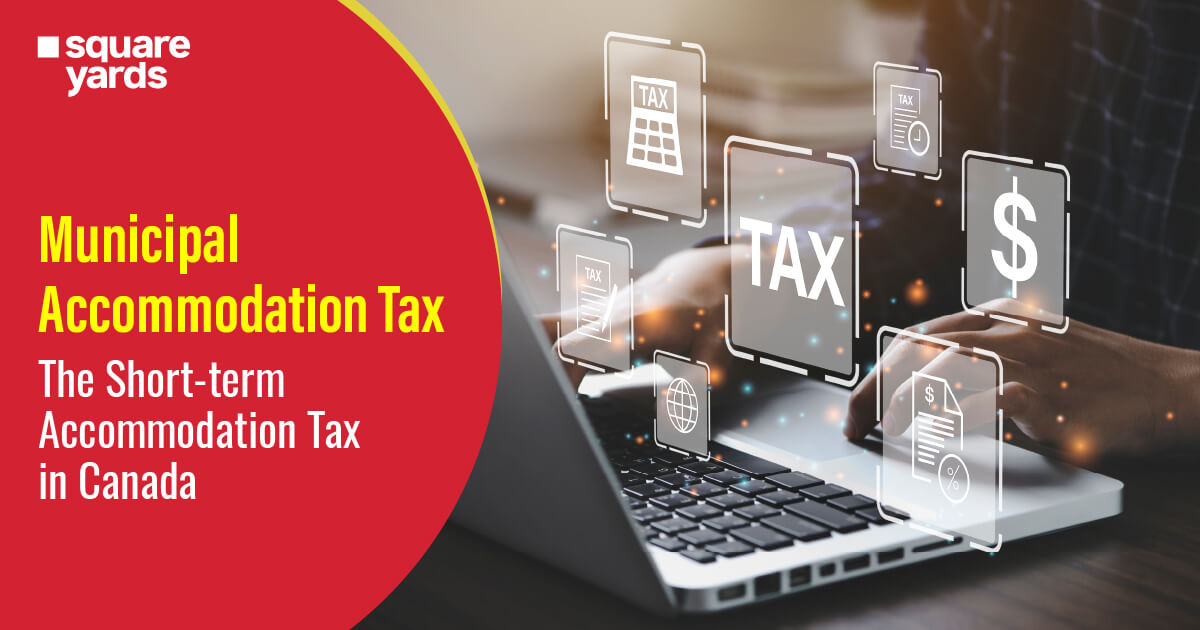Property gains tax in Canada is a key consideration for anyone selling property, whether it’s a home or an investment. It can significantly affect your profits, making it essential to understand how it works. While capital gains tax may initially seem complicated, knowing the basics can help you better manage your finances and avoid surprises when settling your tax obligations. Whether you’re selling your primary home or a second property, being aware of this tax will help you make more informed decisions.
Define Property Gains Tax in Canada
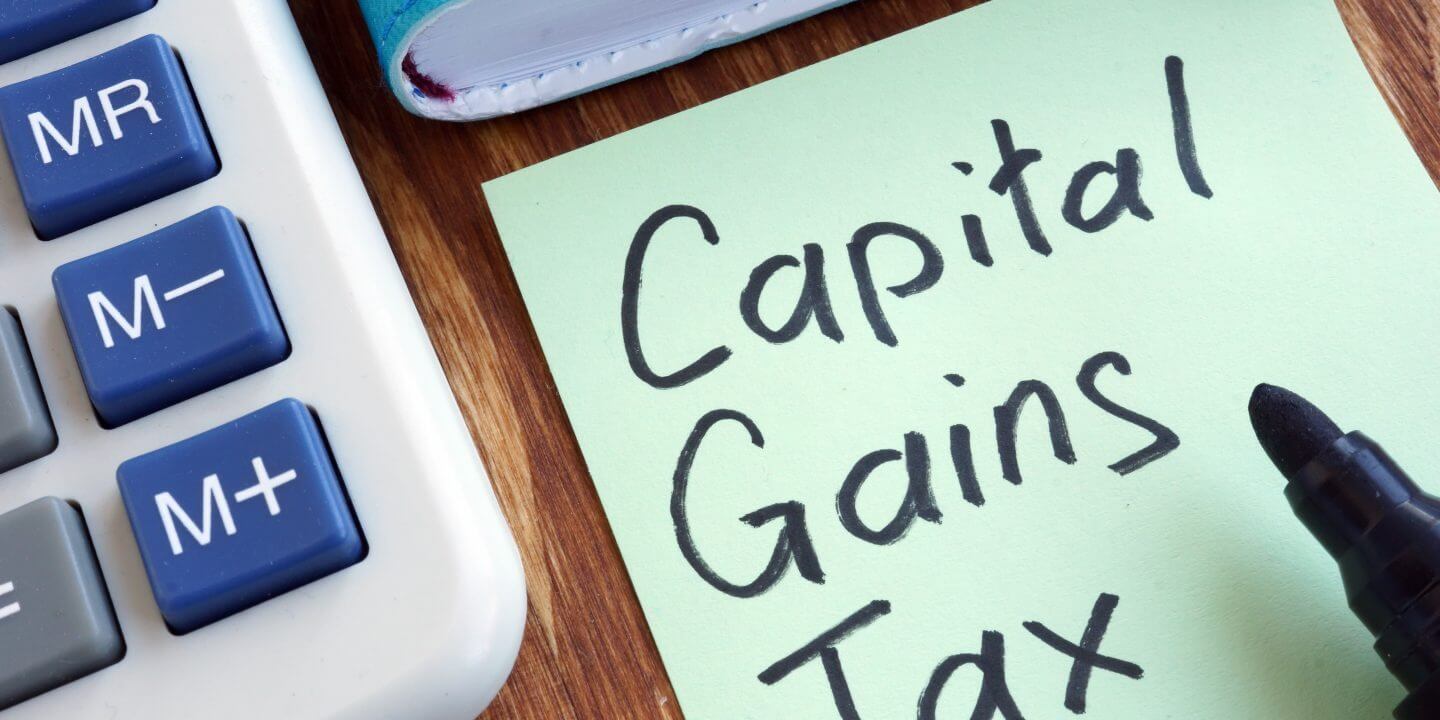
Property gains tax in Canada is a tax on the profit you make when selling a property for more than you bought. However, not all of your profits are taxed. Only 50% of the gain is taxable, which is added to your total income for the year. The tax rate on this portion depends on your overall income level. While it seems simple, specific rules and exemptions, like the principal residence exemption, can affect how much tax you owe. Understanding these factors is important to avoid any surprises when selling property.
How to Calculate Capital Gains?
Calculating capital gains is relatively straightforward. To determine your capital gain, start by subtracting the purchase price of the property from the sale price. Then, deduct any associated costs, such as legal fees, agent commissions, or renovation expenses, from the profit. The result is your capital gain. Keeping accurate records of your expenses can help lower your taxable gain and, in turn, reduce the amount you owe in tax.
Eligibility Requirements for Principal Residence Exemption
One of the most important aspects of property gains tax in Canada is the Principal Residence Exemption (PRE). If the property you’re selling is your primary residence, you could qualify for an exemption and avoid paying any tax on the profit. To meet this criterion, the property must have been your main home, where you or your family lived regularly during the year. However, only one property per family can be designated as a principal residence for any given year.
Example:
Suppose you bought a house for £300,000 and lived there for a few years. When you decide to sell it, the house is now worth £450,000. That means you’ve made a profit of £150,000. This profit is your capital gain. In Canada, only 50% of that gain is taxable, so you would only be taxed on £75,000. This amount gets added to your yearly income, and depending on your income level, you’ll be taxed at the rate that applies to you.
Important Factors for Homeowners to Consider
If you purchased a property for £300,000, lived in it for five years, and sold it for £450,000, the £150,000 profit would be your capital gain. However, since this was your principal residence for the entire five-year period, you likely wouldn’t owe any property gains tax due to the principal residence exemption, which protects the sale of your main home from taxation.
On the other hand, if this property was a second home or an investment, the exemption wouldn’t apply. In that case, the £150,000 profit would be classified as a capital gain, and half of that amount (£75,000) would be taxable. The tax on this sum would then depend on your annual income. This distinction between a principal residence and other properties is key for homeowners to understand when considering the potential tax implications of a sale.
What Influences Property Gains Tax?
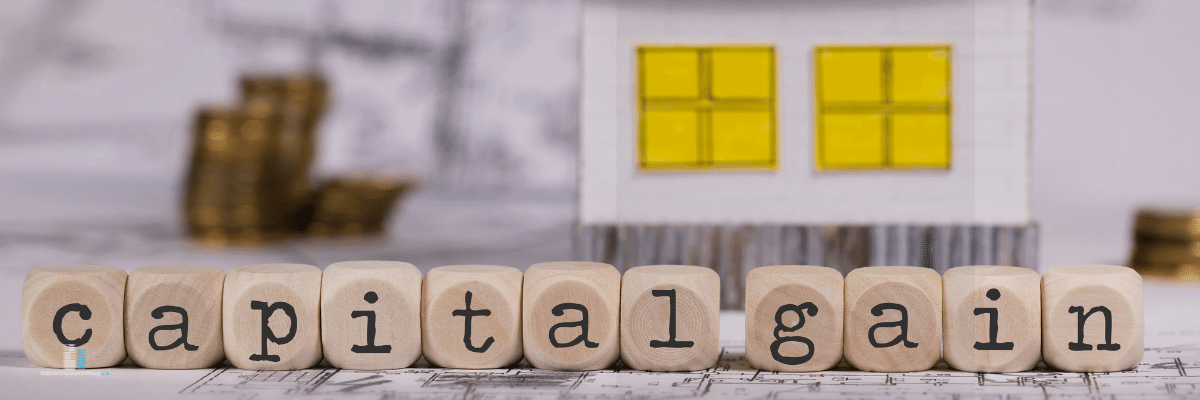
When selling a property related to a project, several factors come into play that can influence the amount of property gains tax you may owe. These considerations can significantly impact the overall tax liability and should be carefully managed to optimise profits. Here are some key factors:
-
- Property Type: Whether the property is a residential, commercial, or investment project impacts how gains are taxed. Exemptions may apply for residential properties, especially principal residences, but commercial or investment projects are fully taxable.
- Duration of Ownership and Development: The property’s value can increase significantly over time if the project involves long-term ownership or phased development. However, this may also increase the taxable gain when sold, as capital gains tax is calculated on the profit made.
- Use of the Property: If the project was partially or fully income-generating during ownership, such as renting out units, the taxable portion may be higher. Any income-generating use of the project affects how much of the capital gain is taxable, reducing eligibility for exemptions.
- Expenses and Development Costs: Project-related costs, including construction, legal fees, and improvements, can be deducted from the final capital gain, reducing the taxable portion. Accurately tracking these expenses is essential to minimising tax.
- Market Conditions and Demand: Real estate market conditions during the project’s sale can significantly affect the sale price and, consequently, the taxable capital gain. A favourable market can lead to higher profits and increase capital gains tax liability.
- Zoning and Property Use Changes: If a project involves rezoning or converting property use, this could affect the property’s value and, subsequently, the amount of capital gains tax owed when the project is sold.
Additional Key Elements of Canada’s Tax System
When managing a project in Canada, it’s important to consider how various aspects of the tax system can impact your financial outcomes. Beyond property gains tax, several key tax factors can influence your overall liability and financial strategy. Here are some important considerations:
-
- Federal and Provincial Tax Brackets: Canada has a progressive tax system, meaning the tax rate increases with your income. This applies to federal and provincial taxes, so the tax rates may vary depending on where your project is located. Both federal and provincial taxes will affect the total tax liability from a project’s profits.
- Capital Gains Inclusion Rate: Only 50% of any capital gain is subject to taxation in Canada. This means that you only need to report half of the profit in your taxable income when selling a property or project. However, the tax you owe on this will depend on your income bracket.
- Tax Credits and Deductions: There are various tax credits and deductions related to energy-efficient upgrades or business expenses if your project qualifies. These can help offset some of the tax owed from the gains on a project.
- Losses and Offsetting: If the project incurs a loss instead of a profit, capital losses can be used to offset gains in other areas, reducing overall tax liability. Understanding how to use these losses strategically can save significant tax amounts over time.
Wrapping-Up
Understanding property gains tax is crucial for homeowners and investors alike. Whether you’re selling your primary home or an investment property, knowing how the tax is calculated, what exemptions apply, and the factors that influence it can help you make informed decisions. Proper planning, accurate record-keeping, and seeking professional advice when needed will ensure that you’re prepared for any tax obligations and can maximise your profits when it comes to selling your property. By taking these steps, you can navigate the process with confidence and avoid any unexpected financial surprises.
You May Also Read
|
What is Crypto Tax Rate In Canada |
|
|
Guide To Underused housing tax |
|
|
Explore PITI in Real Estate |
|
|
Know The GST And HST in Canada |
Frequently Asked Questions (FAQs)
How can capital gains tax in Canada be avoided on property?
The most effective way to avoid capital gains tax on property in Canada is by claiming the Principal Residence Exemption (PRE). If the property you’re selling has been your main home for every year you've owned it, you won’t be required to pay tax on the capital gain. Additionally, ensuring that the property was used solely for personal purposes and not for generating income can further secure this exemption.
What are the new capital gains tax rules in Canada?
Recent updates to capital gains tax rules in Canada mainly focus on the reporting requirements. Homeowners are now required to report the sale of their principal residence on their tax return, even if no tax is due. Failing to report this could result in penalties. Furthermore, only one property per family can be designated as a principal residence each year.
What is the 6-year rule for capital gains tax in Canada?
The 6-year rule applies when you temporarily move away from your principal residence but still want to maintain its tax-exempt status. You can rent out your home for up to six years without losing the principal residence exemption as long as you don’t designate another property as your principal residence during that time.
What can I deduct from capital gains on property in Canada?
You can deduct certain expenses from your capital gains to reduce the taxable amount. These include legal fees, real estate commissions, and improvement costs that add value to the property. Maintenance or repair costs are generally not deductible, so it’s important to distinguish between these types of expenses.

